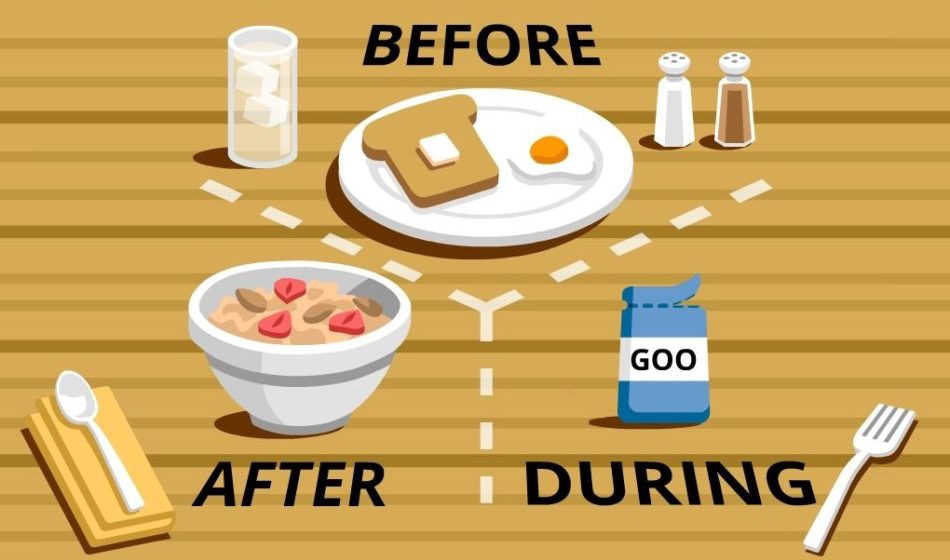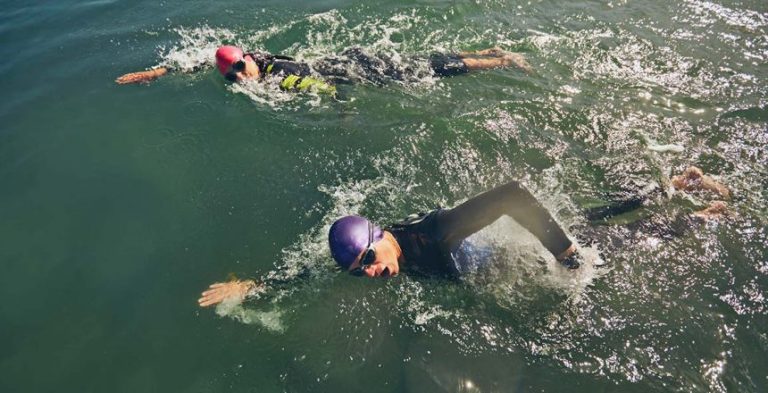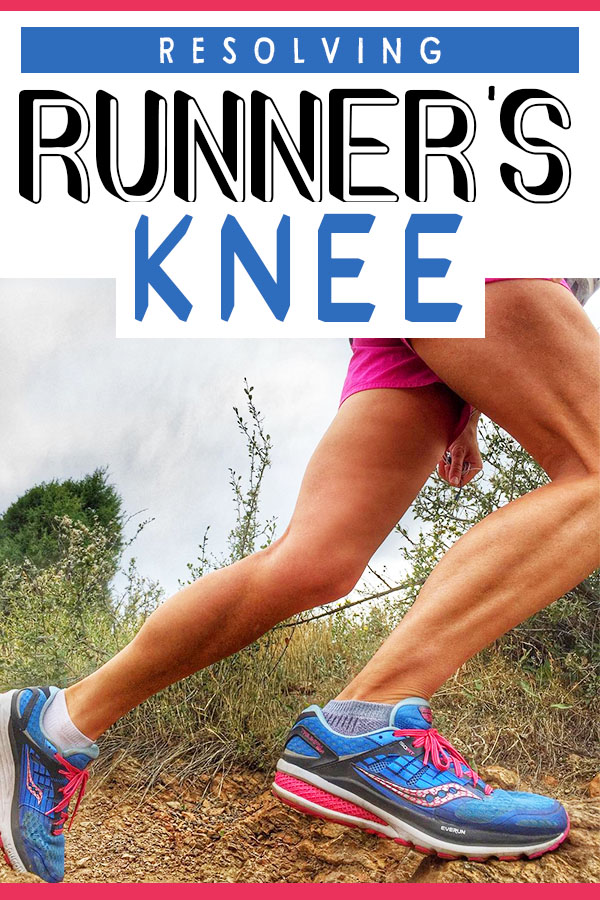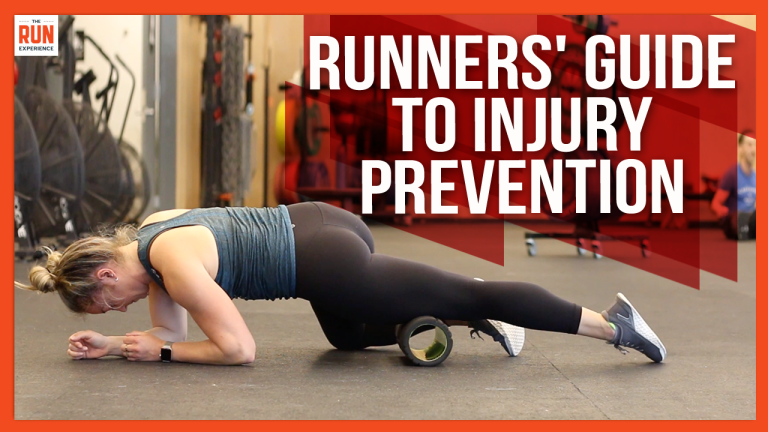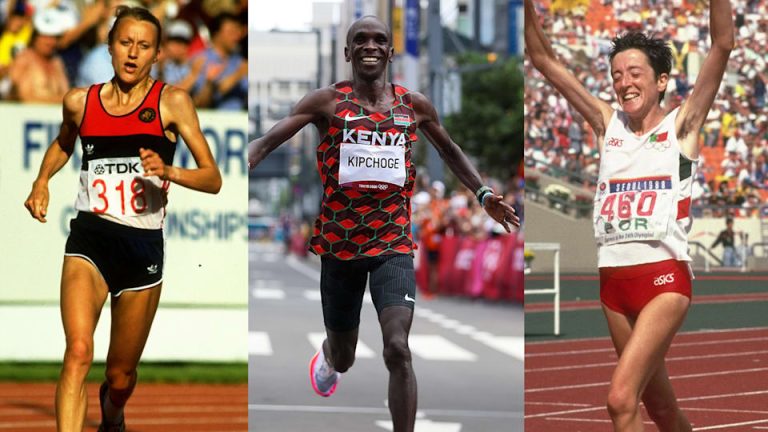What Marathon Runners Eat
Marathon runners eat a balanced diet consisting of carbohydrates, proteins, healthy fats, and hydration for optimal performance. Their meals focus on energy-boosting foods to fuel their long-distance runs and aid in recovery.
Marathon runners carefully consider their nutritional intake to help them power through grueling training sessions and races. They rely on a combination of carbohydrates, such as whole grains, fruits, and vegetables, to sustain their energy levels. Proteins from lean sources like chicken, fish, and legumes aid in muscle recovery and repair.
Healthy fats from sources like nuts and avocados help with long-lasting energy. Hydration is also key, with runners drinking plenty of water and electrolyte-rich fluids to stay hydrated and maintain peak performance. By focusing on these nutrient-dense foods, marathon runners can support their training and achieve their performance goals.
The Importance Of Nutrition For Marathon Runners
Fueling The Body For Endurance
Proper nutrition is crucial for marathon runners as it directly impacts their endurance. Essential nutrients like carbohydrates, proteins, and fats are key components that provide the necessary energy for the body’s sustained performance. Runners need to fuel up their bodies with complex carbohydrates, lean proteins, and healthy fats to ensure they have the required energy to endure long-distance runs.
Optimizing Performance With Proper Nutrition
Optimizing performance through nutrition is vital for marathon runners. Nutrition plays a pivotal role in muscle recovery and maintenance, as well as in reducing the risk of injury. Marathon runners must consume a well-balanced diet rich in vitamins, minerals, and antioxidants to support their overall health and enhance their performance during training and on race day.

Credit: www.reggaemarathon.com
Macronutrients For Marathon Runners
When it comes to fueling their bodies for long-distance races like marathons, runners need to pay close attention to their macronutrient intake. Macronutrients are the essential nutrients needed in large amounts to sustain energy and repair muscles during intense physical activity.
Carbohydrates: The Primary Source Of Energy
Carbohydrates are the main source of energy for marathon runners. They are quickly converted into glycogen, which fuels muscles during exercise. Runners should focus on complex carbohydrates like whole grains, fruits, and vegetables to sustain energy levels throughout the race.
Proteins: Repairing And Building Muscles
Proteins play a crucial role in repairing and building muscles after a marathon. Runners should consume lean proteins such as poultry, fish, tofu, and legumes to support muscle recovery and growth.
Fats: Providing Sustained Energy
Fats are important for marathon runners as they provide sustained energy during long races. Runners should include healthy fats like avocados, nuts, and seeds in their diet to support overall endurance and performance.
Key Micronutrients For Marathon Runners
When it comes to running marathons, proper nutrition is essential for peak performance. Key micronutrients play a crucial role in sustaining the energy levels and muscle function of marathon runners.
Vitamins: Supporting Immunity And Energy Production
Vitamins are vital for marathon runners as they support immunity and energy production. A diet rich in Vitamin C and Vitamin E can help reduce the risk of illnesses commonly experienced by endurance athletes.
Minerals: Maintaining Electrolyte Balance And Muscle Function
Minerals are essential for marathon runners to maintain electrolyte balance and muscle function. Potassium and magnesium help prevent cramps and support optimal muscle contractions during long-distance running.
Pre-race Nutrition Strategies
As marathon runners prepare to tackle the grueling 26.2-mile distance, their pre-race nutrition strategies play a crucial role in optimizing performance and supporting their overall well-being. By carefully selecting the right foods and hydrating effectively, runners can ensure that they have the energy and stamina needed to conquer the race ahead. Let’s delve into the key elements of pre-race nutrition, focusing on carb-loading and hydration strategies.
Carb-loading: Loading Up On Energy Stores
Carbohydrates serve as a primary source of fuel for endurance activities, making carb-loading a crucial element of pre-race nutrition for marathon runners. Optimal carbohydrate intake in the days leading up to the race helps maximize glycogen stores in the muscles and liver, providing a sustainable energy source for the long run.
Marathon runners typically aim to consume around 7-10 grams of carbohydrates per kilogram of body weight during the 48 hours leading up to the race. Emphasizing complex carbohydrates such as whole grains, legumes, and starchy vegetables can help ensure a steady release of energy throughout the race.
Hydration: Ensuring Optimal Fluid Balance
In addition to fueling the body with carbohydrates, marathon runners must prioritize hydration to support optimal performance. Dehydration can lead to reduced endurance and impaired cognitive function, making it essential for runners to maintain fluid balance throughout their training and leading up to race day.
Aiming to drink around 5-7 milliliters of fluid per kilogram of body weight each day, runners can ensure that they are well-hydrated leading up to the race. Incorporating electrolyte-rich beverages and consuming water-rich fruits and vegetables can also contribute to maintaining proper hydration levels.
During And After The Race
Marathon runners carefully plan their diet during and after races to optimize performance and recovery. Nourishing foods like bananas, bagels, and protein-rich snacks help replenish energy stores and aid in muscle repair.
During and After the Race Running a marathon is no easy feat, and it requires careful planning and preparation to ensure optimum performance. One crucial aspect that marathon runners focus on is their nutrition, both during and after the race. During the race, maintaining fuel levels and hydration is essential to sustain energy levels and prevent muscle fatigue. After crossing the finish line, marathon runners need to replenish and repair their bodies, which have undergone intense physical exertion. Here, we explore two key aspects of marathon runners’ nutrition: hydration and energy gels for maintaining fuel levels, and post-race recovery to replenish and repair the body.Hydration And Energy Gels: Maintaining Fuel Levels
Maintaining proper hydration during a marathon is crucial to prevent dehydration, muscle cramps, and fatigue. As the body loses water through sweating during the race, runners need to replenish fluids to stay hydrated. Hydration stations along the race route provide runners with water and electrolyte-rich sports drinks. It is essential for runners to consume small sips of fluids at regular intervals, ensuring they stay hydrated without feeling bloated. In addition to fluids, marathon runners often rely on energy gels to maintain their fuel levels during the race. Energy gels are concentrated energy sources that are rich in carbohydrates and electrolytes. They provide a quick burst of energy, helping runners to sustain their pace and avoid hitting the dreaded “wall.” It’s essential for runners to choose the right type and flavors of energy gels that suit their preferences and dietary needs. Some runners may prefer caffeine-containing gels for an extra boost, while others may opt for naturally flavored gels without any artificial additives.Post-race Recovery: Replenishing And Repairing The Body
Once the race is over, marathon runners must focus on post-race recovery to replenish and repair their bodies. Nutrient-rich foods that are high in carbohydrates and protein are essential for aiding muscle recovery and replenishing depleted glycogen stores. Including a combination of lean proteins, such as chicken, fish, or tofu, along with complex carbohydrates like quinoa, sweet potatoes, or whole-grain pasta can help promote muscle repair and recovery. To ensure swift recovery, runners should consume their post-race meal within 30 to 60 minutes of crossing the finish line. This timing is crucial as the body absorbs nutrients more efficiently during this period. Additionally, incorporating antioxidant-rich foods like berries, leafy greens, and nuts can help reduce inflammation and aid in the recovery process. In conclusion, marathon runners need to pay close attention to their nutrition during and after the race to optimize performance and aid in recovery. Staying hydrated and fueling the body with energy gels helps maintain energy levels during the race, while post-race recovery meals rich in carbohydrates and protein aid in muscle repair and replenishment. By focusing on proper nutrition, marathon runners can maximize their performance and achieve their race day goals.
Credit: www.pinterest.com
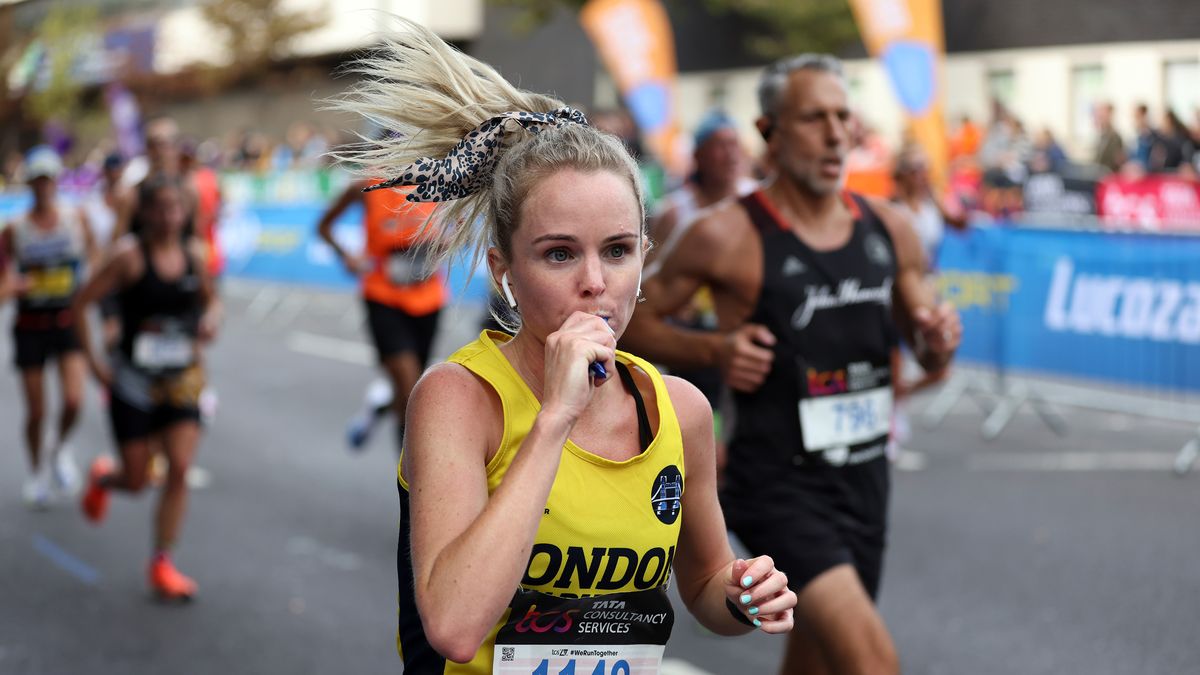
Credit: www.runnersworld.com
Frequently Asked Questions On What Marathon Runners Eat
What Are The Best Foods For Marathon Runners?
Marathon runners should focus on consuming carbohydrates, lean proteins, healthy fats, and hydrating beverages to fuel their performance.
How Can Nutrition Help In Marathon Training?
Proper nutrition can support marathon training by providing the necessary energy, enhancing recovery, reducing muscle soreness, and improving overall performance.
When Should Marathon Runners Eat Before A Race?
Marathon runners should aim to eat a balanced meal 2-3 hours before the race to allow for digestion and provide the necessary fuel for optimal performance.
Conclusion
The key to marathon runners’ success lies in their diet. By choosing nutrient-dense foods like lean proteins, complex carbs, and healthy fats, they can fuel their performance and aid in post-race recovery. With the right balance of nutrients, marathon runners can optimize their training and achieve their peak performance.

